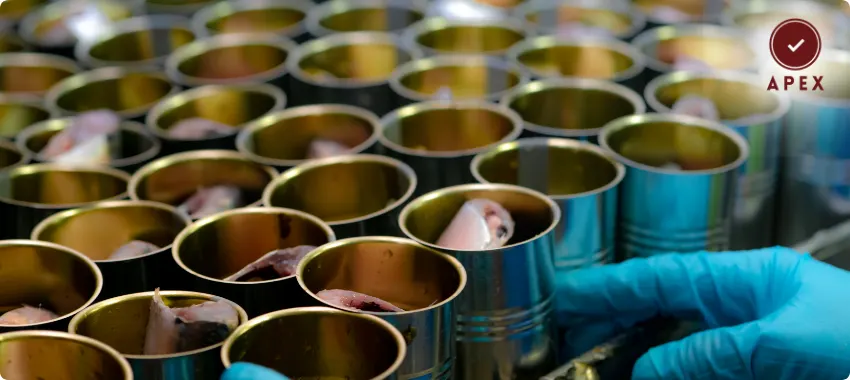HALAL Certification in Ajman

The fastest-moving major UAE emirate, Ajman, is dedicated to maintaining high-quality standards with religious and international trade requirements. The Halal Certification achieves important roles throughout food safety and consumer trust while enabling export possibilities. Businesses working in food and cosmetics production and pharmaceuticals, as well as hospitality, need to obtain Halal certification in Ajman as a strategic way to build market credibility and reach Muslim consumer markets.
Importance of Halal Certification
According to Islamic law, the Arabic term Halal refers to things that are permissible or lawful. Religious certifiers validate products and services by verifying they meet the Islamic law requirements that Muslims can accept for consumption or use. The global market exhibits a strong desire for products certified as Halal. Ajman follows strict UAE regulations that force businesses focusing on food production, restaurants, meat processing, and cosmetics operations to conduct their activities by Halal standards. Any company operating within Ajman must prioritize Halal certification to conduct business successfully among the Muslim-majority population and multicultural market segment.
The certification ensures that:
- The ingredients of the product must be Halal-compliant because they need to exclude pork along with alcohol and all forbidden substances.
- Non-Halal items avoid contact with each other to prevent contamination during the production process.
- The methods and distribution systems follow the principles of Islamic beliefs.
- Animal slaughtering follows Islamic rules when such practice becomes necessary.
- The Ajman Municipality receives support from UAE regulatory bodies to monitor certification activities through accredited Halal certification bodies.
Benefits of Halal Certification in Ajman
The Halal certification system in Ajman delivers three types of advantages: professional progress, ethical standards, and economic returns to the business.
- Access to Muslim Consumer Markets: The vast number of Muslims worldwide exceeds 1.9 billion, which makes Halal certification the key to entering the rapidly expanding international market of Muslim consumers. Exporters in Ajman can access markets in the Middle East, Southeast Asia, and Europe since Halal certification is a required standard in these regions.
- Compliance with UAE and International Standards: Every business operating in Ajman must fulfill every requirement established by the Emirates Authority for Halal standards across the UAE. Organizations that achieve Halal certification meet all necessary requirements, which minimizes their risk of facing legal issues and having their products suspended.
- Enhanced Brand Credibility and Consumer Trust: The certification process establishes trust between consumers because it confirms products contain no harmful substances while following both safety and ethical Islamic guidelines. The certification attracts Muslim customers together with different health-conscious non-Muslim customers who need assurance of product transparency.
- Better Global Opportunities: The process of obtaining Halal certification leads to better global commercial opportunities. A requirement from several nations demands Halal documentation for food and pharmaceutical imports. Companies that obtain certification gain increased opportunities to build international contracts with their worldwide partners.
- Operational Discipline and Hygiene: The certification standards ensure manufacturing standards and staff training alongside hygiene requirements and documentation systems, which leads to better operational efficiency and reduced compliance risks.
Need support with Halal certification in Ajman?
While consultants assist businesses in preparation, accredited certification bodies conduct the official Halal audit and approval. Contact us to get certified with halal certificate after implement your required standard requirements.
FAQs
- Auditing your supplies and the source of supplies
- Adopting a compliant handling and cleaning process
- Training of the staff
- Checking by an accredited Halal certification institution
